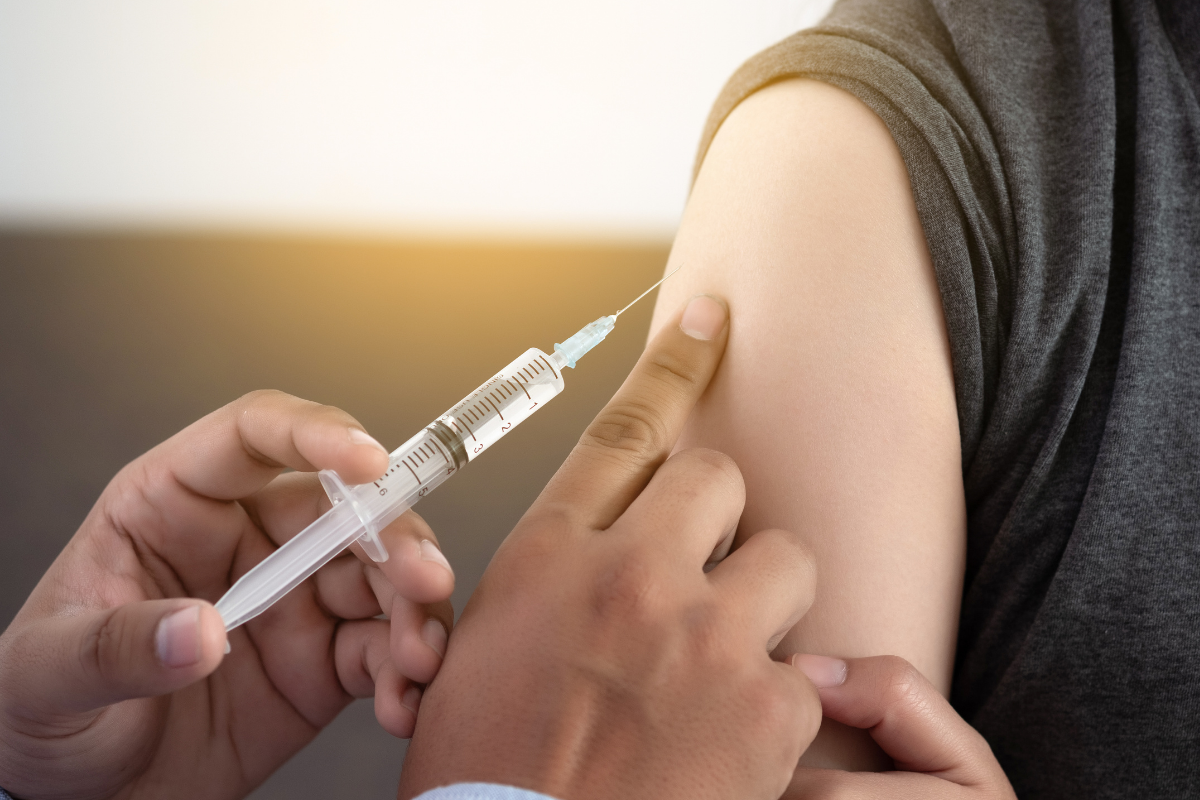
The UK mass vaccination with AstraZeneca-Oxford shots begins today as the country fights the coronavirus pandemic.
UK's National Health Service (NHS) will be the first in the world to distribute the coronavirus vaccine developed by AstraZeneca and the University of Oxford after the Medicines and Healthcare products Regulatory Agency (MHRA) approved it last week.
The distribution of the AstraZeneca-Oxford vaccine is considered a huge advantage because it is cheaper than alternatives produced by Pfizer and BioNTech and Moderna.
Moreover, the AstraZeneca-Oxford vaccine can be stored, shipped, and handled at normal refrigerated conditions (2 to 8 degrees Celsius or 36 to 46 degrees Fahrenheit) for about six months.
According to AstraZeneca, it aims “to supply millions of doses in the first quarter” as part of its deal with the U.K. government to administer up to 100 million doses in total.
Based on the agreement, AstraZeneca is expected to inoculate up to 50 million people in the U.K., which has a population of around 66 million.
The U.K. government said in a statement that more than half a million doses are already available “with tens of millions more to be delivered in the coming weeks and months once batches have been quality checked by the MHRA.”
The AstraZeneca-Oxford vaccine is now a part of the Covid-19 immunization program started by Britain in December, when it began administering the two-dose Pfizer-BioNTech vaccine. The government reported that more than a million people in the U.K. have already been inoculated with the Pfizer shot. Moreover, more than 730 vaccination sites have been set across the U.K., and that hundreds more are being launched this week.
Like the Pfizer vaccine, the AstraZeneca-Oxford vaccines will be given to priority groups first, including care home residents and staff, people aged over 80, and health and care workers, then to the rest of the population according to their age and risk, including those who are clinically extremely vulnerable.
“This is a pivotal moment in our fight against this awful virus and I hope it provides renewed hope to everybody that the end of this pandemic is in sight," said U.K. Health Secretary Matt Hancock.
The U.K. now has more than 2.6 million coronavirus cases and over 75,000 deaths to date, according to a tally from Johns Hopkins University.
UK mass vaccination speed
In an interview with Sky News, Hancock said that the U.K. could not administer the Covid vaccine any faster than the supply permits but experts believe the U.K. must improve its vaccination program as quickly as possible.
According to a study by the London School of Hygiene and Tropical Medicine, Britain must vaccinate two million people a week to prevent a third wave of the coronavirus outbreak.
The Times newspaper anonymously quoted a “key member of the Oxford-AstraZeneca team” on Saturday saying the drug manufacturer would amplify production so that two million vaccines would be manufactured each week by mid-January.
Dr. Andrew Freedman, a reader in infectious diseases at Cardiff University School of Medicine, finds that goal achievable but challenging. In his interview with CNBC, he said that the pace of the vaccination depends on “the availability of the vaccine, the vaccine production but also its distribution and setting up new vaccination centers and recruiting new vaccinators.”
“It is a target, but it is realistic and I think it can be achieved by the end of the month,” he said.
Individuals who are at risk will be inoculated first with shots shipped initially at hospitals before the bulk of supplies are given to hundreds of doctors’ surgeries and care homes later in the week.
Meanwhile, the MHRA, Joint Committee on Vaccination and Immunisation (JCVI), and the U.K.’s four Chief Medical Officers decided to delay the gap between the first and second dose of the Covid vaccines now being distributed to the public.
The government said last week that the “priority should be to give as many people in at-risk groups their first dose, rather than providing the required two doses in as short a time as possible.”
“Everyone will still receive their second dose and this will be within 12 weeks of their first. The second dose completes the course and is important for longer-term protection,” it added.






